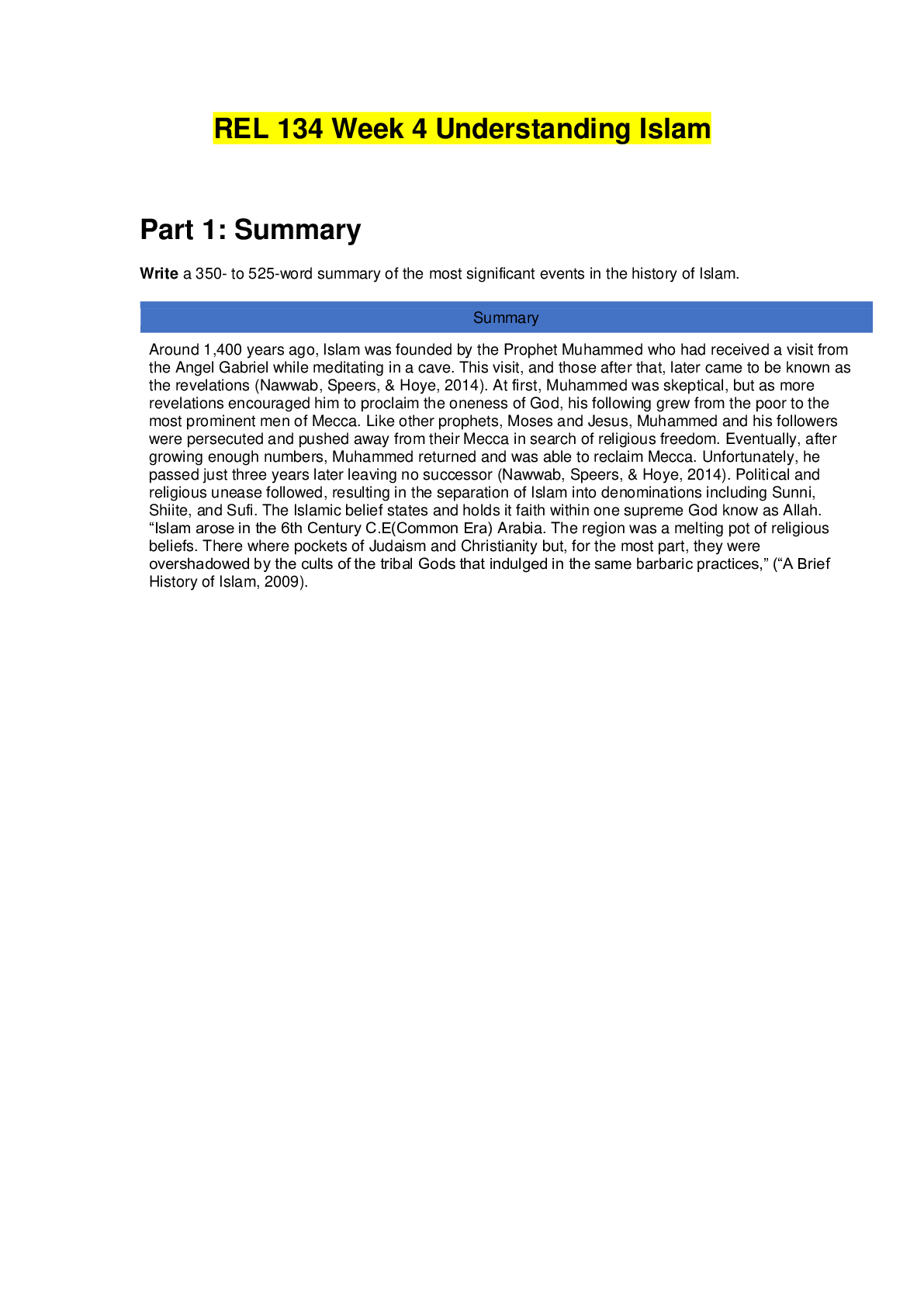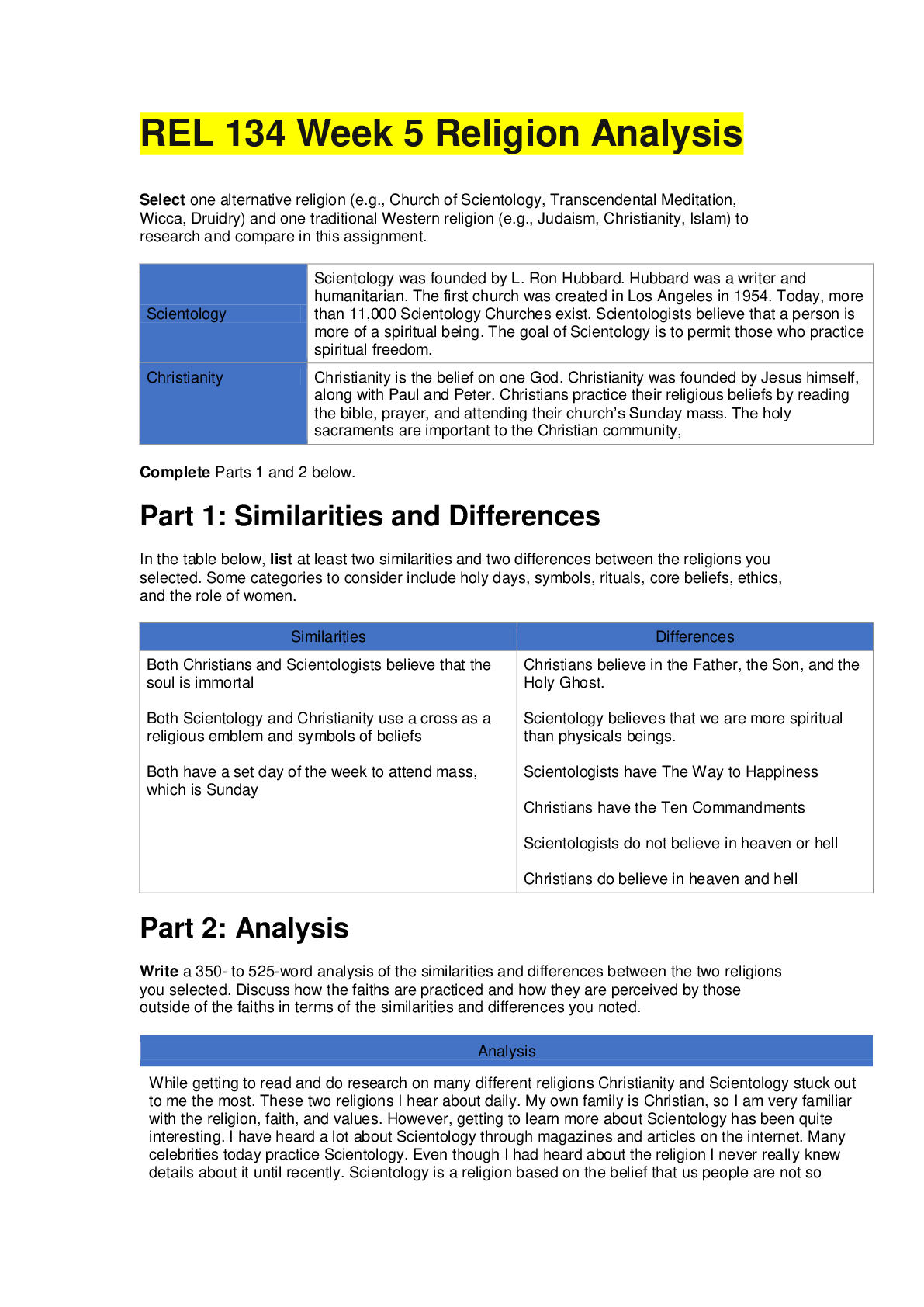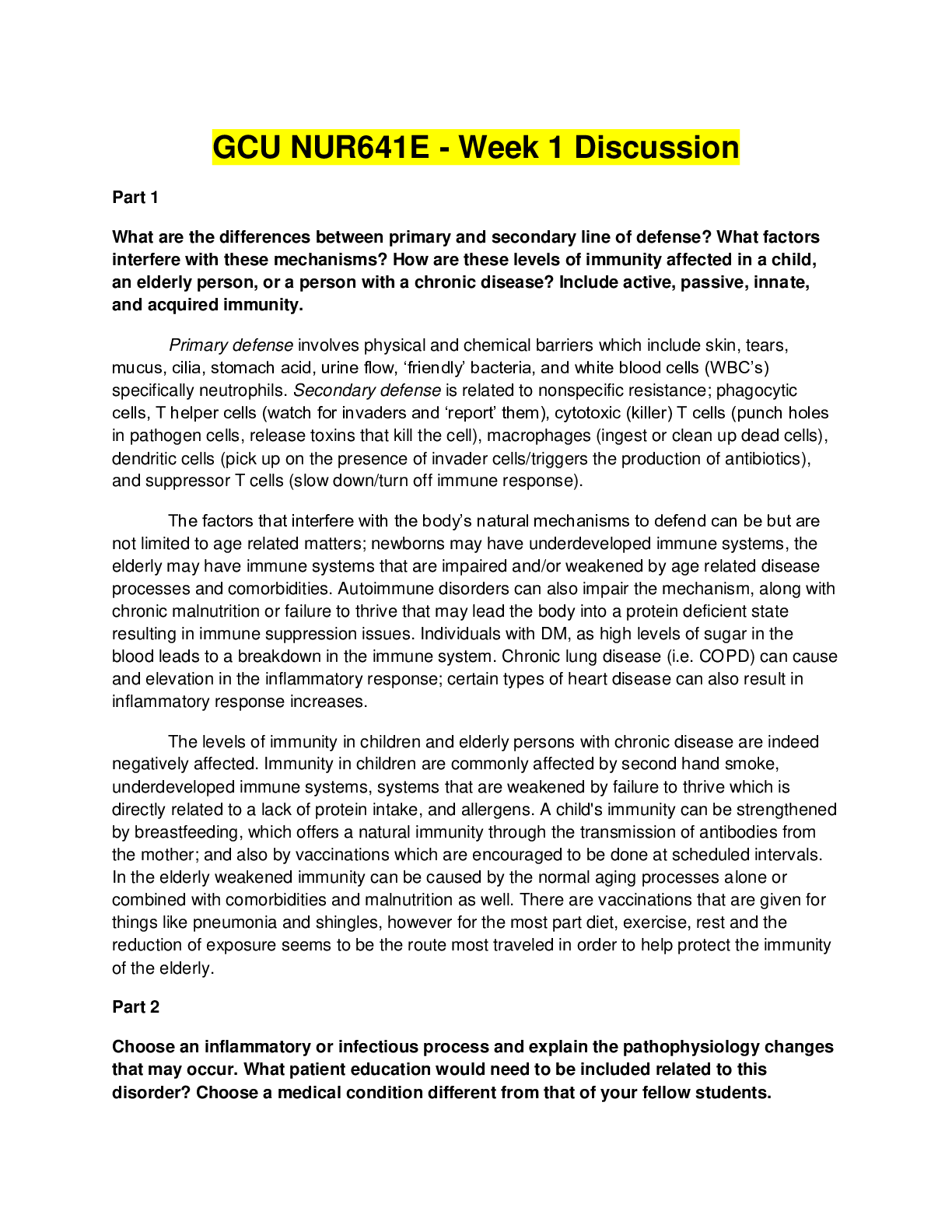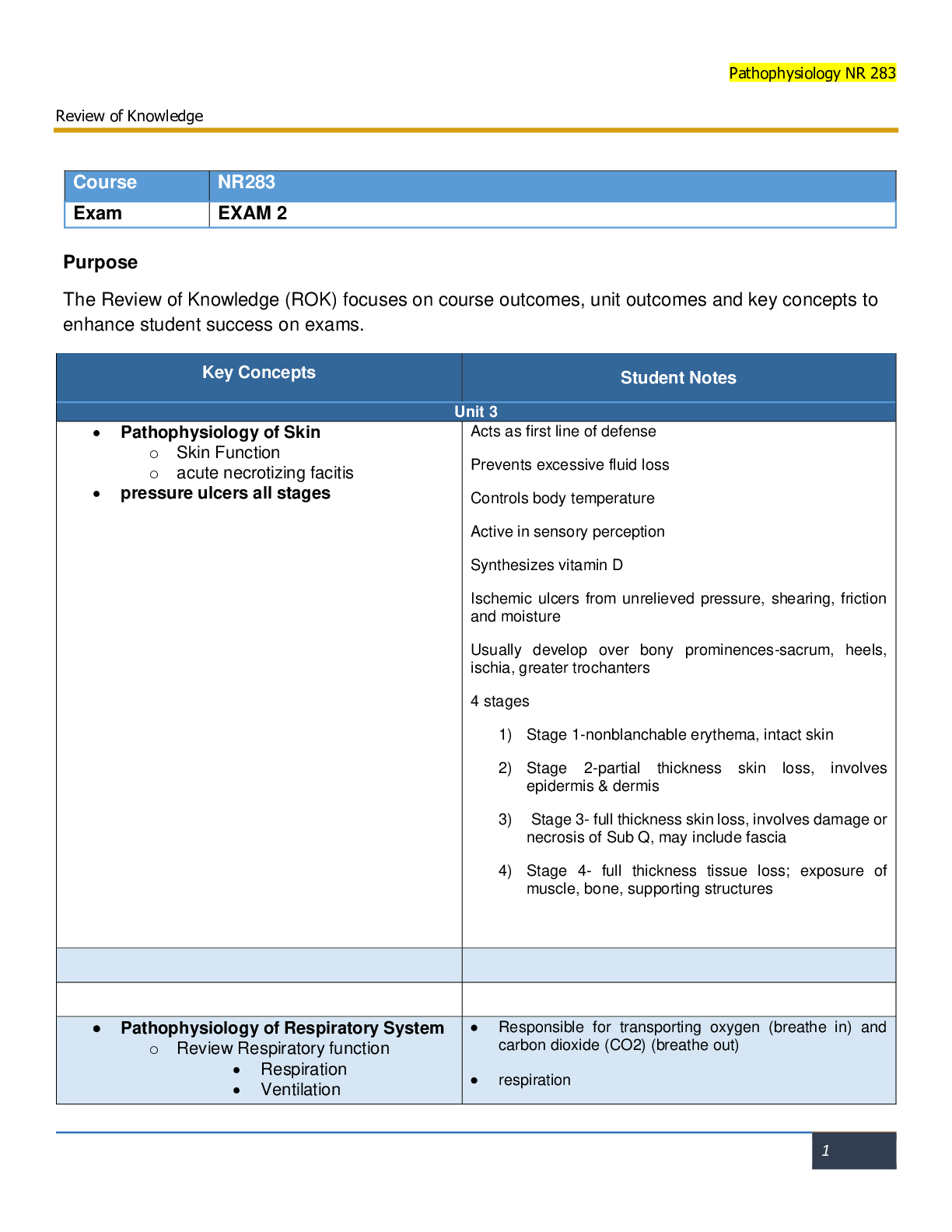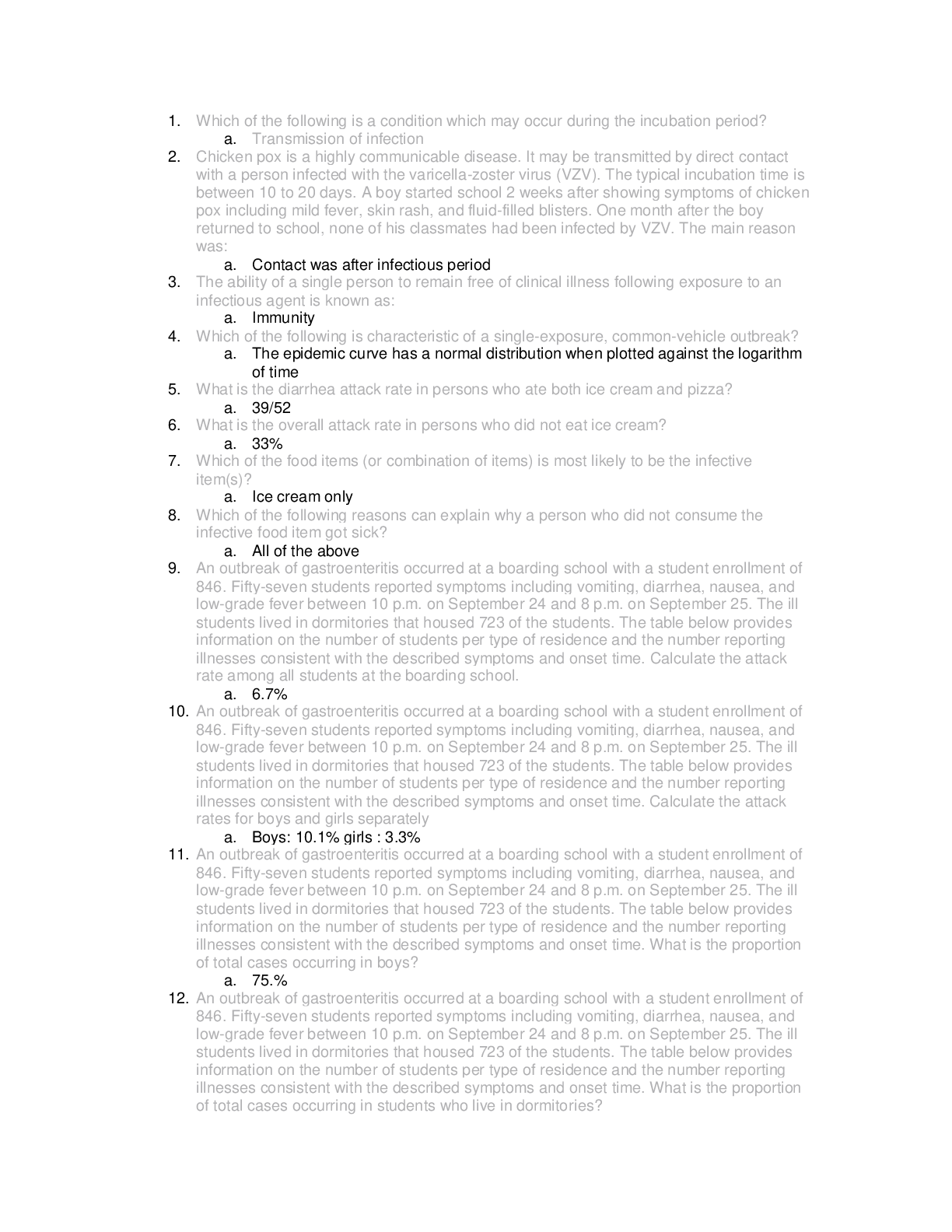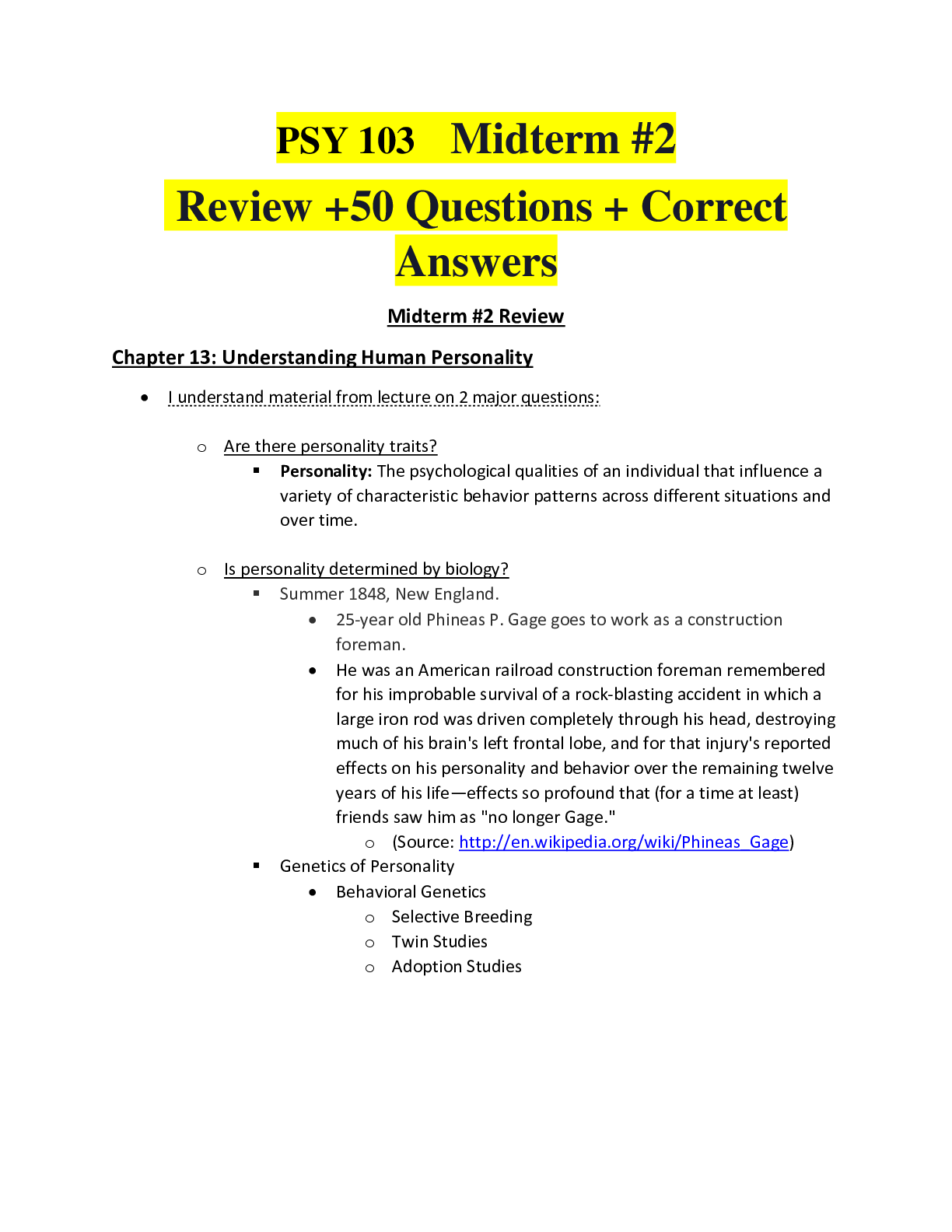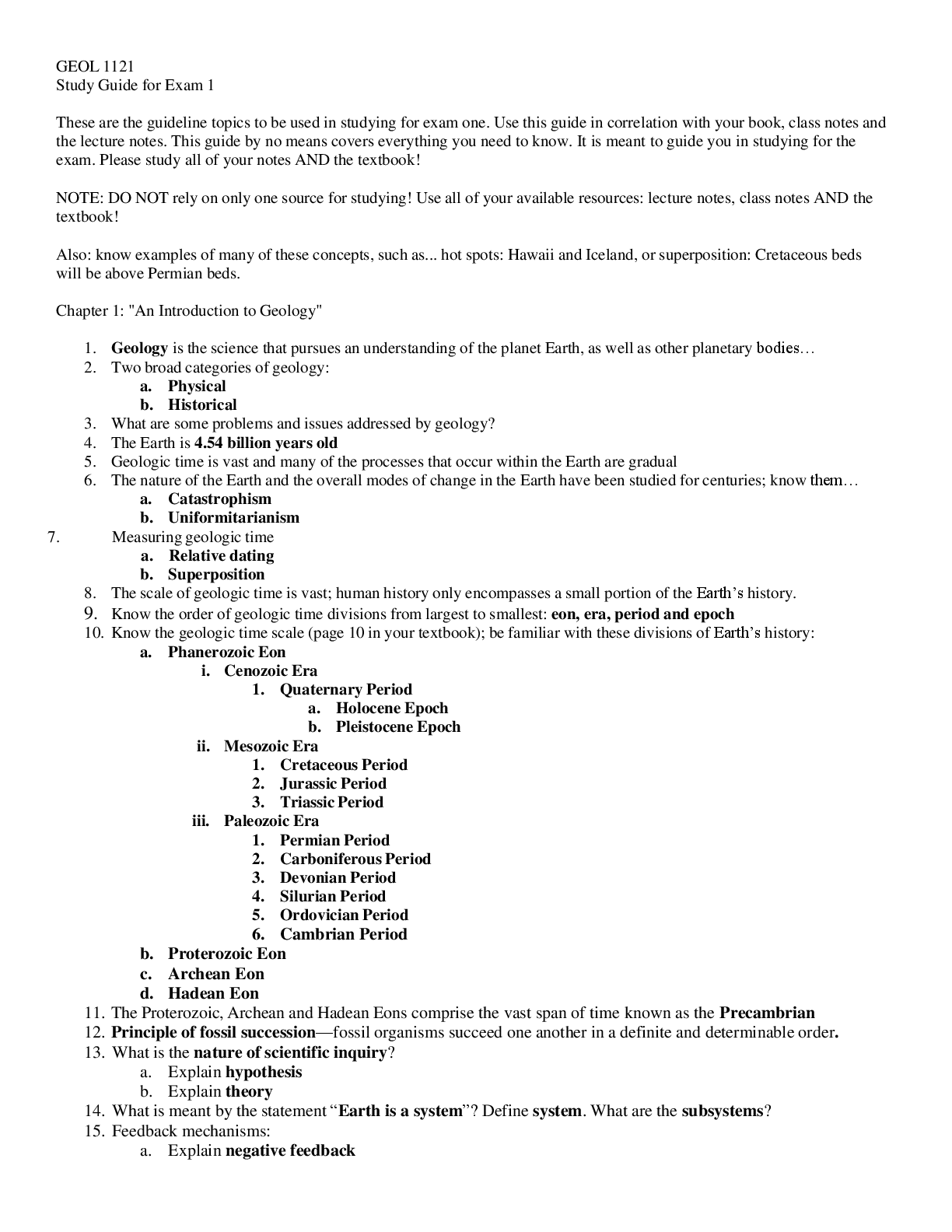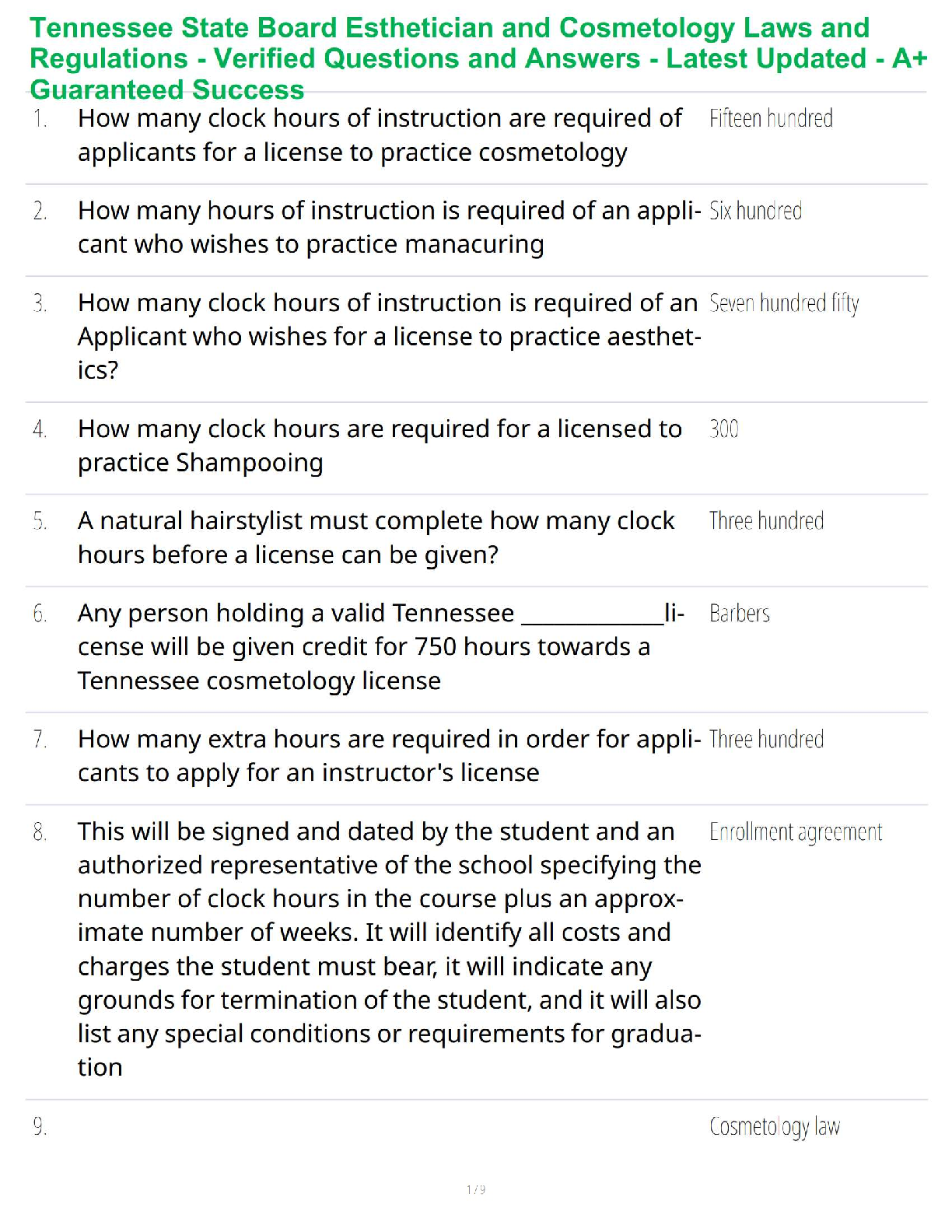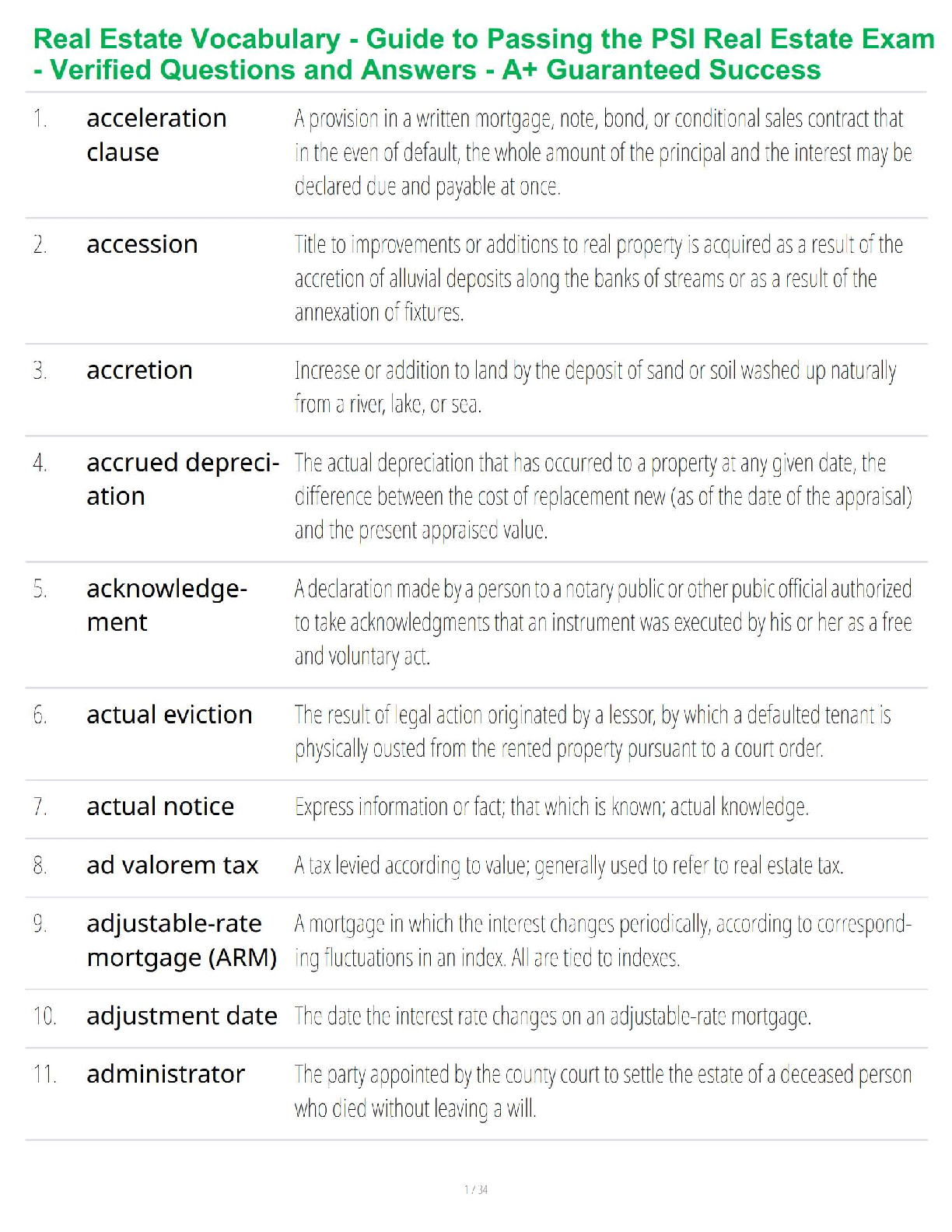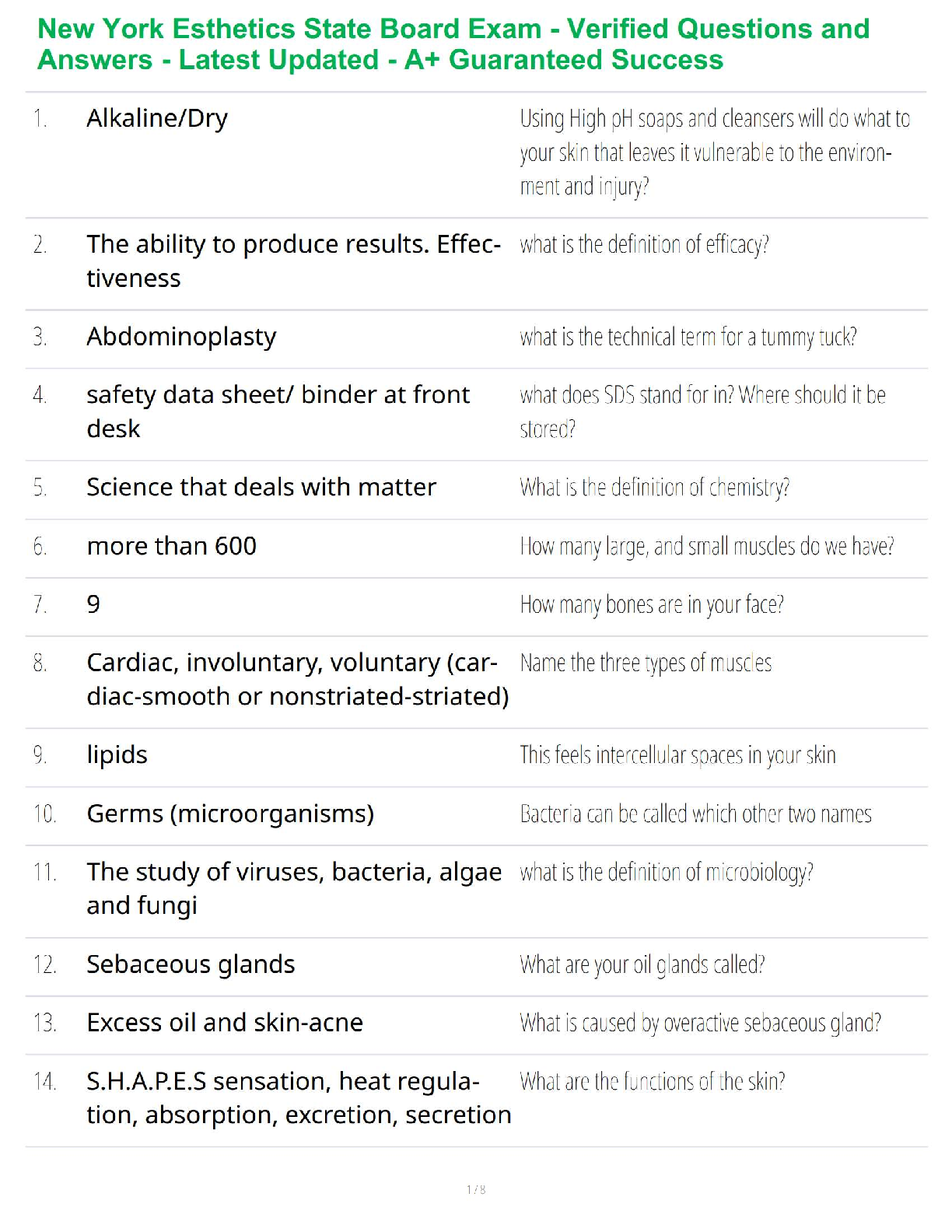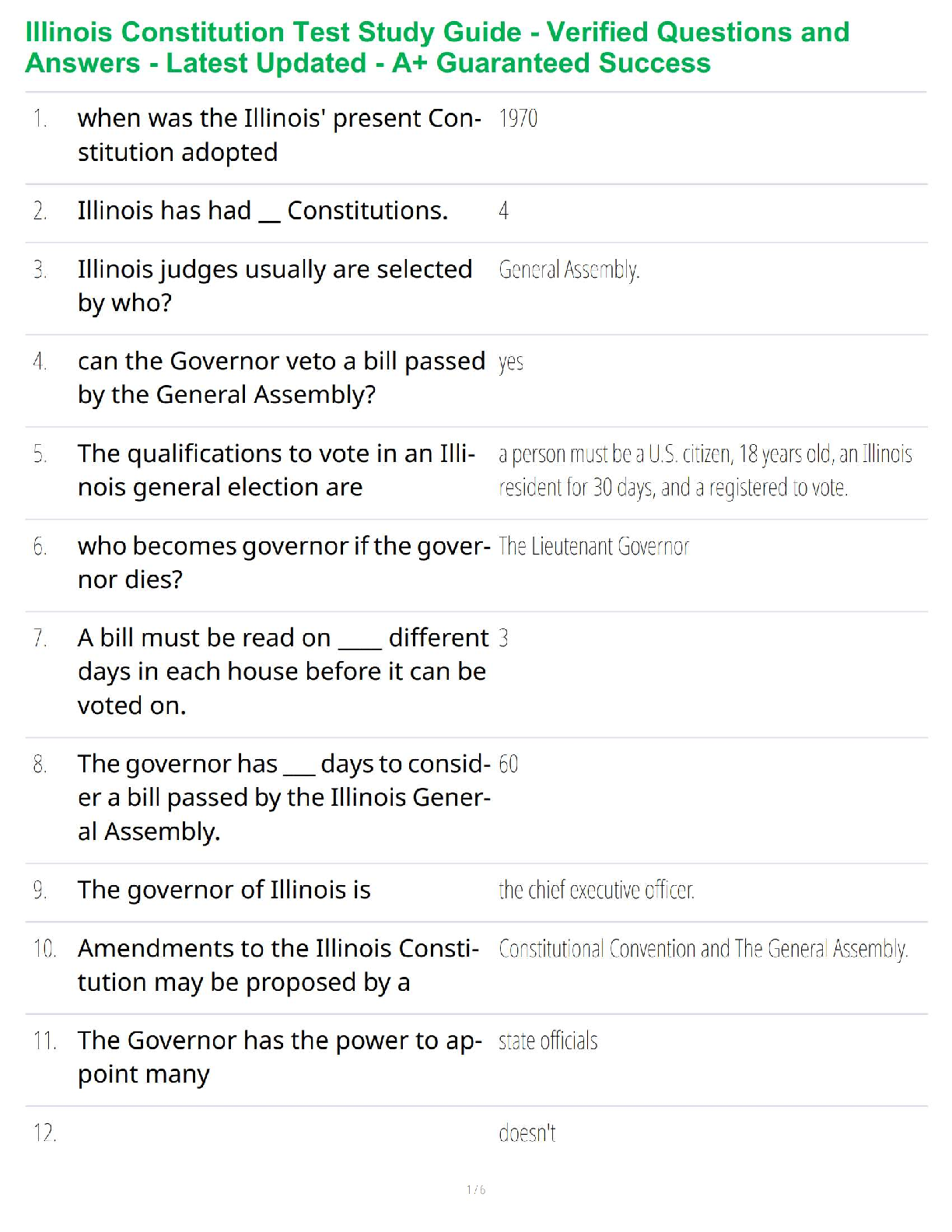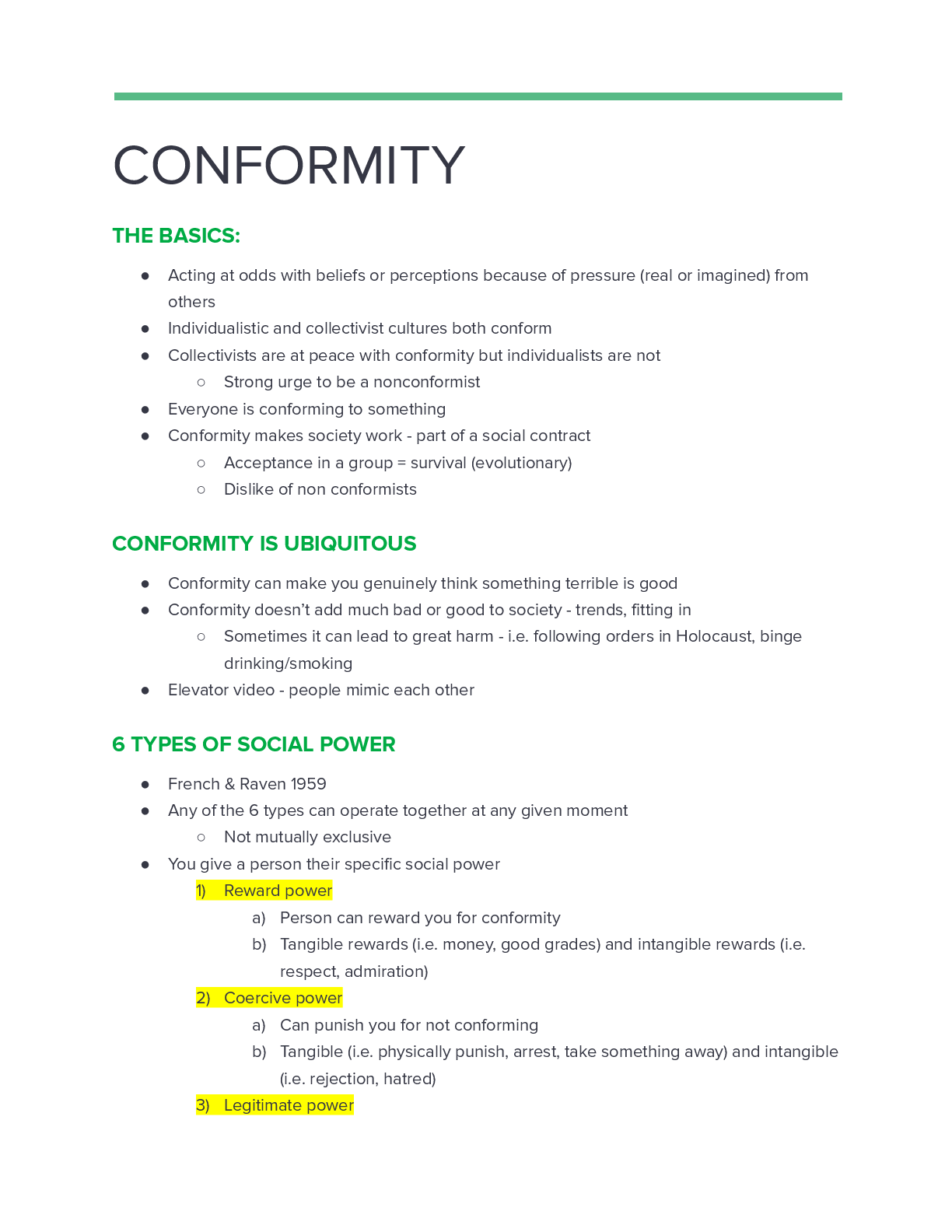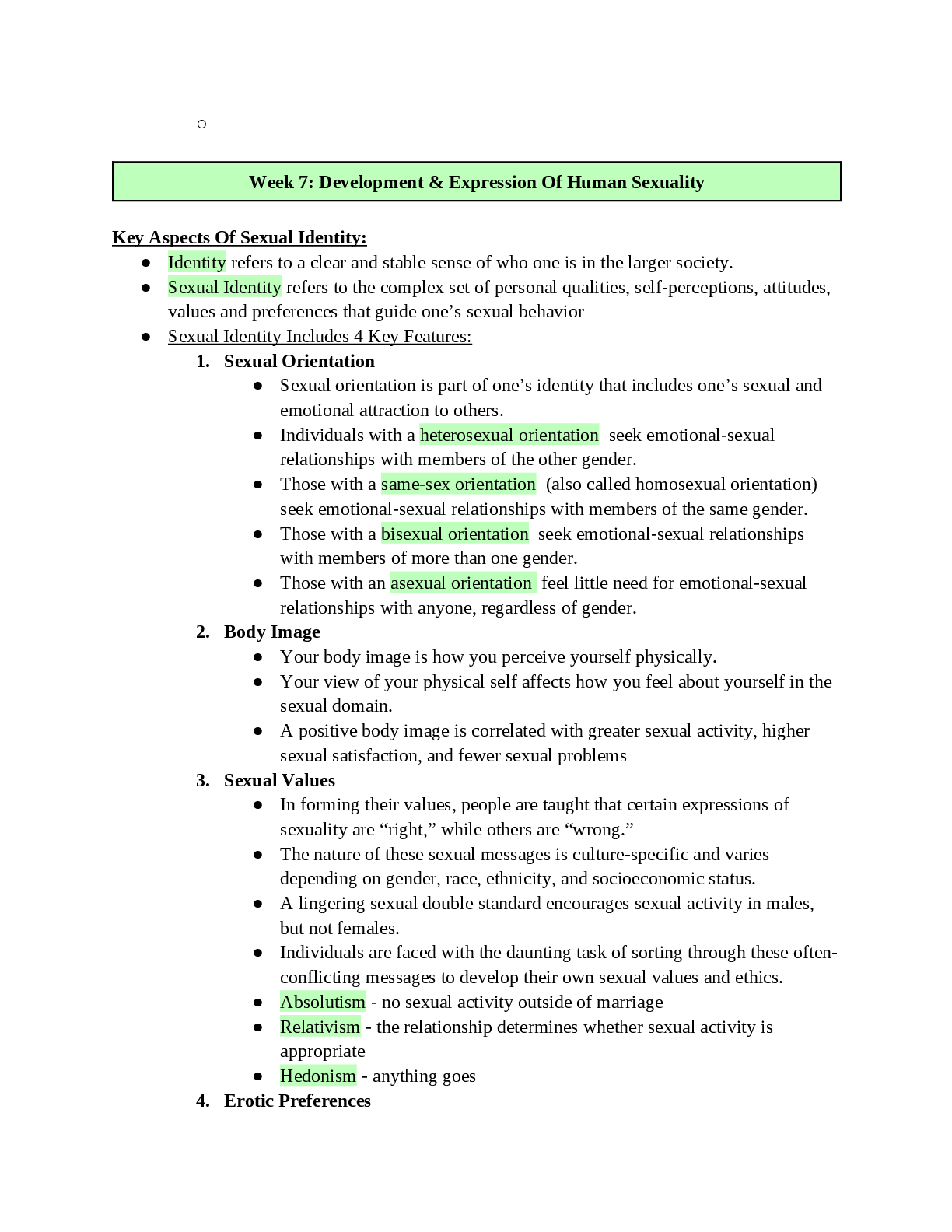PSY 530, Spring 2019, all Weekly Discussions.
Week 1
DQ 1: Explain how social psychology is different from sociology, psychology, and other subfields of psychology. Why is there a need for social psychology as a unique
...
PSY 530, Spring 2019, all Weekly Discussions.
Week 1
DQ 1: Explain how social psychology is different from sociology, psychology, and other subfields of psychology. Why is there a need for social psychology as a unique scientific field different from the subfields of psychology?
Week 1, DQ 2: Discuss some of the research methods that social psychologists use to gain insight into question posed in the field. Be sure to include a description of empirical research in your response. Do you feel this is best research method for social psychologists, explain why or why not.
Week 2, DQ 1: In what ways do the typical attributions of people from collectivistic cultures differ from those of people from individualistic cultures? Why do these differences exist? Provide empirical evidence supporting your explanations.
Week 2, DQ 2: Human beings often speculate as to the causes of others’ behavior. Explain how cognitive and motivational factors can cause people to be biased when making attributions. What are some of the social and individual consequences of the types of attributions they make?
Week 3, DQ 1: Provide a real-life example of informational social influences impacting a person's decision or behavior. Provide a real-life example of normative social influences impacting a person's decision or behavior. Can the influence of conformity, compliance, or obedience be decreased? How would this impact the situations you identified?
Week 3, DQ 2: In what ways can social influence have a positive impact on behavior? In what ways can social influence have a negative impact on behavior? Provide examples to support your response.
Week 4, DQ 1: Prejudice has traditionally been assumed to be the product of some form of malice, brought about by social or emotional forces. In recent years, there has been increasing research on how prejudice can result from cognitive processes, without malicious intent. Discuss how and why cognitive processes can produce prejudice. What is the impact of culture on prejudice? Once stereotypes and prejudices are formed, how do they come to be self-perpetuating?
Week 4, DQ 2: Describe institutional bias. Provide some examples of institutional biases? What roles do attitudes, stereotypes, and prejudices play in institutional biases? What impact does cultural influence have on institutional biases?
Week 5, DQ 1: How do different perspectives impact relationship development and maintenance particularly, in terms of exchange versus communal factors? Have you ever experienced these different perspectives? Provide examples.
Week 5, DQ 2: Using the social exchange theory, equity theory and penetration theory, describe how relationships are maintained or ended. What role does attachment style play in the level of intimacy shared in friendships or intimate relationships?
Week 6, DQ 1: When is frustration more likely to lead to aggression? When is it more likely to produce stronger reactions (e.g., violence)? Discuss possible solutions to this problem, including anger management programs.
Week 6, DQ2: How do people’s attributions regarding the causes of another person’s plight influence their willingness to help that person? Is this “typical response” justified within a Christian framework? Why or why not?
Week 7, DQ 1: What is groupthink? How does it affect the decisions made by a group? Identify the critical factors that are believed to lead to groupthink. Explain how you could reduce groupthink in terms of these factors.
Week 7, DQ 2: Consider how being part of a crowd or group changes your behavior. How can deindividuation change people's behavior? Could deindividuation lead to positive outcomes? What is a way to encourage members of a crowd to behave in line with their "normal" values?
Week 8, DQ 1: Explain how happiness is effected by social relationships, work, leisure, and religion.
Week 8, DQ 2: Select a scholarly article that discusses religion and happiness. Discuss the effect that religious belief has on people's happiness or unhappiness as it relates to their behaviors and attitudes. What effect does religion have on helping behavior, the prevalence of prejudice, and health of religious people? Share your findings.
[Show More]



